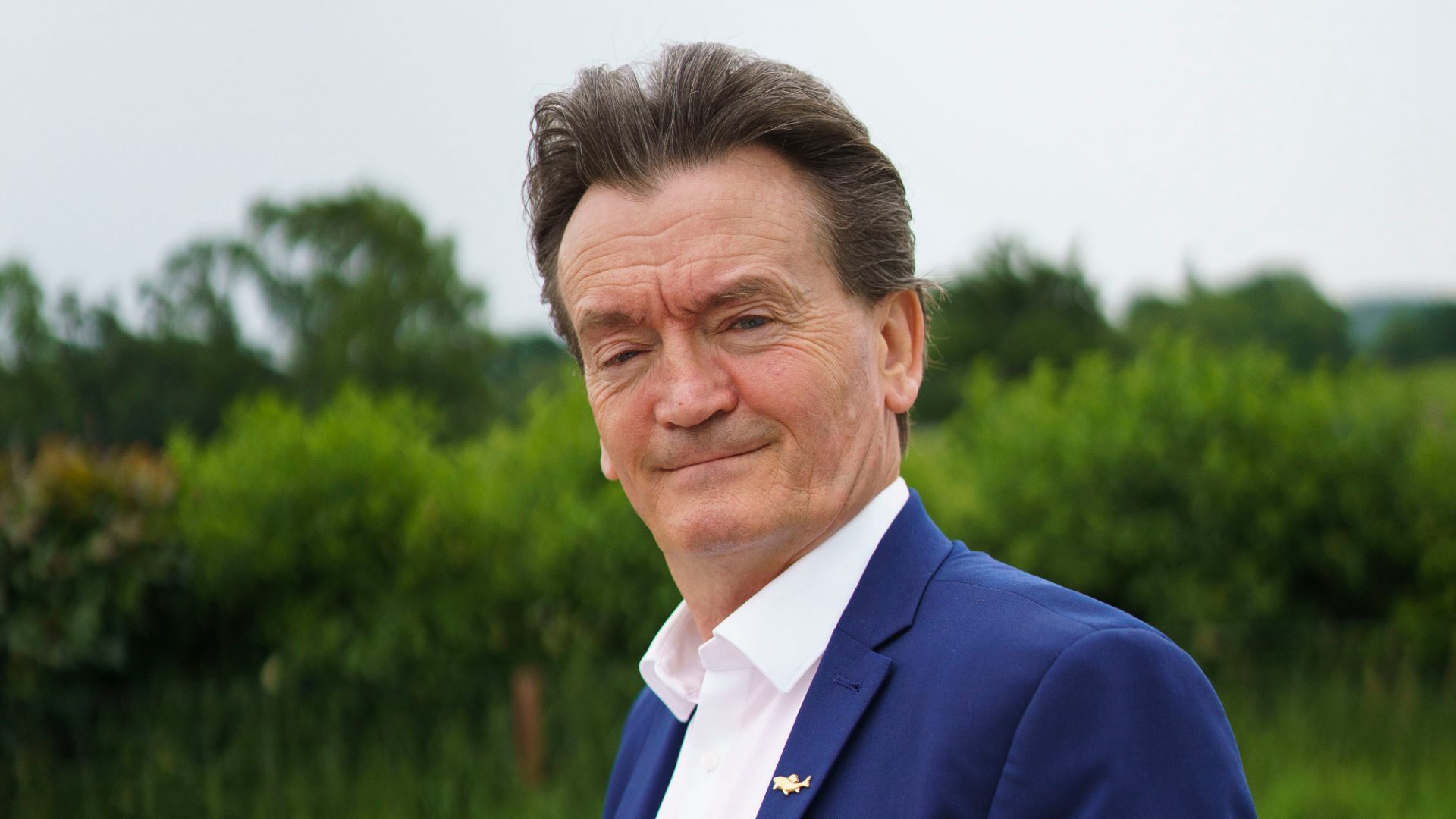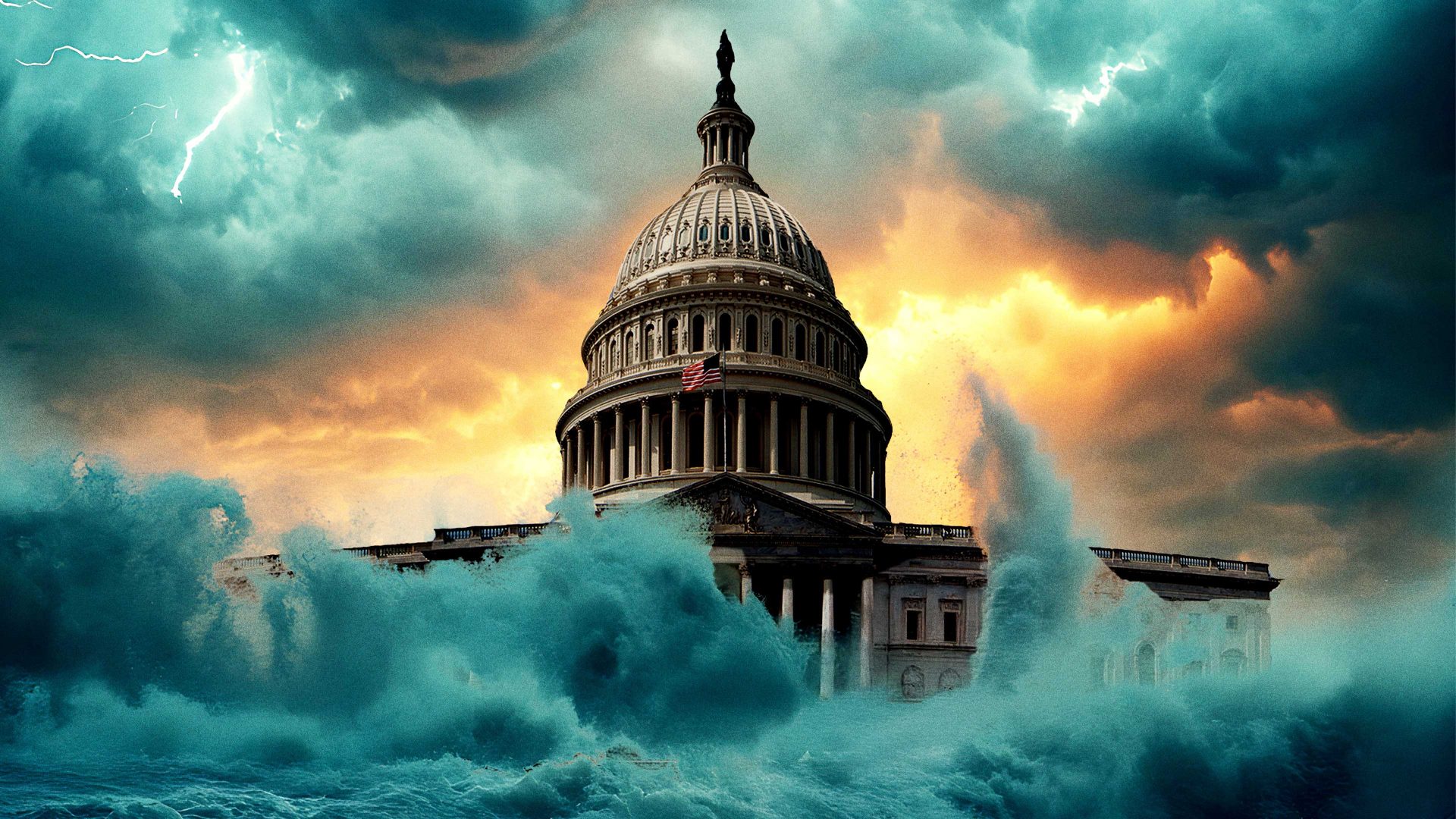My first memory of fishing is of standing in the River Faughan, which is a little river that runs through the edge of Derry, the town where I grew up. I was incredibly fortunate that I could go to the centre of town, get the bus for 20 minutes and find myself standing on a river, where at the time you actually had a decent chance of catching a salmon.
I had a little rod my parents got me called a combination rod. It’s a Japanese bamboo thing with different parts, so you can turn it into different types of rod. On that day, a tiny, little, beautiful trout hiding on the edge of a little riffle, was generous enough just to grab on to the end of my fly line and hang on long enough that I could get a decent look at it. And that was it. Both me and the fish were hooked.
Why are so many of us drawn to the water? On a hot day, why do so many people instinctively head to the beach, or the nearest river or the nearest lake? I think it’s a spiritual connection that we all have with water. After all, it’s where we came from.
Rivers are the heartbeat of humanity. They always have been, and always will be. Without rivers, there would be no humankind – or at least, not as we’d recognise it. Our species would never have been able to settle the planet without rivers. We wouldn’t have survived in some of the outer reaches of the planet, because rivers provide that fundamental thing we cannot exist without – they provide water. Without it, we have got 72 hours. That’s how important that is in our lives. If you go for 72 hours without water, you’re dead. And yet we treat our rivers with contempt.
Why do I care about all this so much? Well, I grew up in a really strange house. I didn’t realise it at the time, because when you’re a child, home is just where you’re living, so everything just seems normal. My father was the chairman of the Labour Party in Derry in the 1950s and 60s, when there was still such a thing. He was also branch secretary of his local union, the Electricians Union. So on my father’s side, they were all massively politically engaged.
But ironically enough, it wasn’t my father who was the big power player in my house. It was my mother. She was deeply involved in Irish culture, and in promoting the language. I think it was April 1969, and I would have been 10, when she helped to organise a big cultural festival in Derry. She was involved in the civil rights movement, and on that morning, she demanded that the whole family got into the car.
My father then drove us all to the opposite side of Ireland, where, as a family, we took part in the people’s democracy civil rights march between Belfast and Dublin. We were protesting against injustices to the Catholic community and nationalists in Northern Ireland. And at 10 years old, I was walking down the middle of the main road between Belfast and Dublin very enthusiastically waving what I later learned was an anarchist flag, thinking, well, this is quite good. Little did I know.
I received an early family lesson, which is that if you see injustice, you have to do something about it. What has happened to our rivers and to our coastal waters is horrific. The pollution, the lack of care, the outright cynicism of the water companies – that’s the injustice that I now cannot ignore, and we are all living with the consequences. Back in the 1960s I waved banners in the street. But nowadays, I can get my voice heard in other ways. I have been going on the radio and saying, “did you know, by the way, that your local water company’s filling your local river full of shit?” At which point the whole nation just goes, “sorry, what the hell did he just say? Turn that up.”
And when I started campaigning for cleaner rivers I began seeing these community groups, like the Ilkley Clean River Campaign. People like them have been working for decades and doing everything that was expected of them, writing letters to politicians, writing letters to regulators, standing outside supermarkets, collecting signatures and petitions, and doing everything you need to campaign. But here was the mistake that those glorious, wonderful, beautiful, good people made: they put their trust in the system. And the system was quite happy and prepared to take that trust and dismiss it and trash it.
The change in the rivers has actually been going on since the mid to late 1970s, and the anglers have seen it all happening. For a fly fisherman ultimately, what you’re trying to do is to convince the trout that this thing that you’ve fixed to the end of your line, and which is made of silk, fur and feather, is in fact a real, live, breathing insect that it now wants to eat. To do that, you need an insect population, because the trout have to be conditioned to feed on them. If the fish aren’t used to eating real insects, they are unlikely to be lured by your fake one.
So anglers notice insects. They will remember that the last time they fished at a certain spot, there were clouds of bloody insects. There’s clouds of mayflies, there were clouds of everything hovering across the water. They will especially notice when they’re not there any more.
The Windrush Against Sewage Pollution is based on the River Windrush in Oxfordshire, and one of their members has a garden that is actually on the bank of the Windrush itself. They’ve got two pictures taken 20 years apart. In the first, you can see the crystal clear water. The water is so clean you can count the pebbles on the river bed. It’s full of weeds, full of fish.
In the second image, taken 20-odd years later, the water was dank, grey, utterly impenetrable. The river was dead. It took two decades to kill it.
Even people who have no affinity for the environment, who don’t care about it, and who may even have an adverse reaction to the words “green economy”, they still look on with horror and absolute disillusionment and frustration. And also anger – anger at the water companies, whose fault this is. People say, “What do you mean ‘they’ve taken our money and spent it?’ What do you mean ‘my river’s full of shit?’” People instinctively understand this, and see it as a gross violation of nature, and that includes people who are environmentally engaged and people who aren’t.
I’ve been fortunate my whole life. I’ve had random people all over the world walk up to me who’ve wanted to talk about music, and I do mean kind of remote parts of South America and all kinds of things. What a fucking brilliant way to live your life. People just want to talk about joyous things, like music and gigs and records. But now people want to talk to me about shite in rivers. Well, what did I ever do to deserve that?
Or rather – what did we ever do to deserve this? I guess there are priorities. If I was given control of the levers of power, this is what I’d do.
The laws to deal with this are all there. They’ve always been there. So the first step is simply to enforce the law on a couple of companies when it comes to dealing with sewage. The legislation is there, the powers are there, the authorities are there. For 35 years, the Environment Agency has had the ability to fine and prosecute people guilty of this kind of pollution, with a maximum sentence of up to two years in jail. It happens to fly-tippers every week. So why not the chairman of Thames Water?
The second step is that you need to strip the regulator down and rebuild it, because clearly Ofwat and the Environment Agency are just institutionally incompetent. And that goes all the way down to the middle management, regional teams, even area directors at the EA. I had a conversation with the former director of water of the Environment Agency, whom I met, and I was pretty shocked by their ability. Horrified.
Third, you’re then going to have a whole debate about restructuring these water companies. Thames Water is untenable and uninvestable. They were on track to run out of money by Christmas, and a recent loan of £3bn will keep them limping along for a bit longer. But that doesn’t solve the problem – it only puts off the inevitable. You’ve still got £64bn-worth of bondholders out there who have in effect lent money to the water companies, and who are eventually going to get stung, and they know it.
So the truth is that the investors who own 56% of Thames Water shares have already written the value off. The Ontario Pension Fund, the Queensland Government Pension Fund both hold Thames Water shares, and they value them at nothing.
What does that mean? Well, I want to buy up all of those Thames Water shares, guess what? Their value will be a big, fat zero. And I can think of all kinds of ways to take control of water companies tomorrow – of nationalising them – without costing the taxpayer a penny. Someone recently claimed in parliament, “oh, we can’t nationalise the water companies, because it’s going to cost £90bn”. But that’s just a made-up number, designed to scare people. Nationalising the water companies would not cost a penny.
Finally, I would simply amend the audit regulations tomorrow to force those companies to put the whole cost of fixing their huge infrastructure problems as a liability on their balance sheet. They would immediately become insolvent. Bankrupt. And water companies are not allowed to go bankrupt. If they go insolvent, the law says that the assets revert back to the state. So that’s the four-point plan.
Now, I get that this is a big, complicated problem. I understand that the government has inherited an economy that isn’t in any fit state and there are other priorities, but, and I’m sorry, these chalk streams just don’t have five or 10 years to wait. There isn’t a single river in this country at the moment that’s in good environmental health. Not one.
That being said, Keir Starmer has a big incentive to get the country through this. Do you want to be the prime minister who let London run out of clean drinking water?
The reality is, we haven’t invested in London’s water supply and we’re now at the point where the latest estimates put it at about 10 to 15 years of supply left. The EA is now estimating we need to find 5bn litres of water a day, and we’re now looking at a situation where London is no 9 on the list of global cities most likely to run out of drinking water. Still no one has a plan, but this could be the issue that forces action because no one wants that legacy.
But here’s the thing: I don’t want to be a bloody campaigner. I retired in 2011 and I want to go back to talking to people about music. So, I’m looking forward to the prime minister stepping up and allowing me to do that.
It’s easy to become frustrated about all of this, to become angry. The fishing helps. I’m someone with a thousand ideas whizzing about inside my head like bullets. Being on the river bank helps, and I’ll be back at it soon. The trout season has ended though. It stops on September 30, to give mummy and daddy trout time enough to do what’s needed to ensure another generation of trout will be there next year.
But even so, the reminders are there. Consider a fish like a grayling. That fish has a really small liver, which is really sensitive to pollution. They just cannot process any kind of toxin, because the liver is tiny. Nationally, our stocks of grayling have fallen off a cliff.
In my house, growing up in Derry, when you saw what you perceived to be a social injustice, my mother demanded you confront it. Sitting back and just looking at it and observing and complaining was not an option, not then, and not now.
As told to Jay Elwes and Eleanor Longman-Rood. The March For Clean Water is in central London on Sunday, November 3. marchforcleanwater.org




